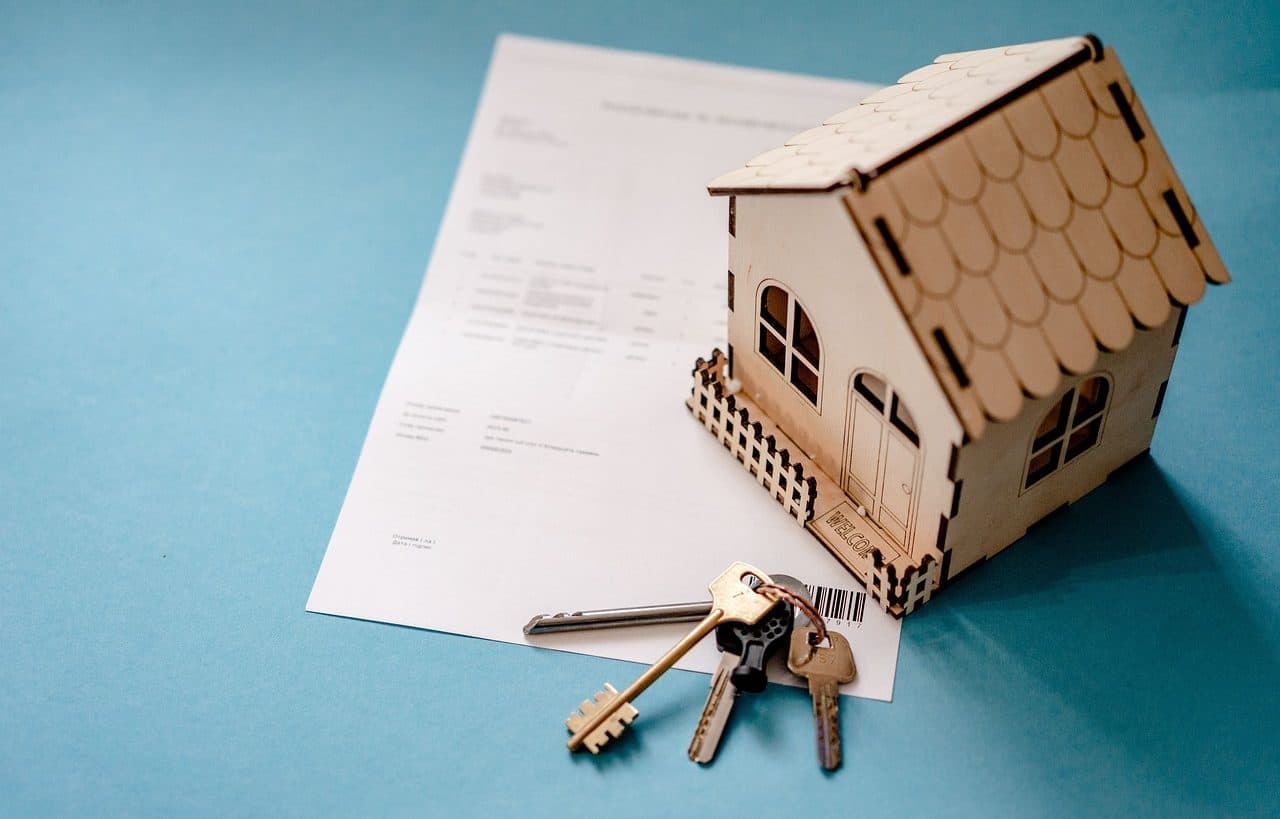
Borrower is the one who receives a loan.
Borrower is an adjective with etymological origin in the Latin praestatus that is applied to the person who receives borrowed money . The borrower, therefore, is the one who requests a loan and accesses an amount with the requirement that he return it under certain conditions.
It can be indicated that a loan (also called credit ) is a financial operation that links two parties: the borrower (who asks for and receives the borrowed money) and the lender (who provides the money: it is usually a bank or other type of financial institution. ).
The borrower and loans
Typically, the borrower approaches the lender with a loan request. The lender, after analyzing the person's solvency (to know what the risk of non-payment is), will grant them a certain amount of money as a loan under certain conditions: an interest rate , a period to return what was lent, etc. Upon completion of the agreed term, if both parties respect the conditions, the lender will receive an amount of money greater than what was given to the borrower and that difference will be constituted as their profit from the operation.
A borrower can also be a user or client who receives a certain service . A company that distributes electrical energy, to cite one possibility, is the provider of a service whose borrowers are all those people who can use electricity in their homes. As in the case of money loans, the link between lender and borrower is usually subject to a contract or certain conditions established by law.

In a mortgage loan, the borrower puts up a home as collateral.
The mortgages
One of the most common types of loans is the mortgage , which is a product offered by banks to have a certain amount of money, which must be returned along with the corresponding percentage of interest in a number of periodic payments that are made. established at the time of contracting the obligation. The name refers to the fact that, in this case, a mortgage is imposed on the client's property (generally, a home).
By receiving a mortgage loan, the borrower agrees to comply with the aforementioned obligations , knowing that he or she may lose the property that has been set as collateral. In addition to the figure of the lender, which is usually a bank but can also be a person or other entity, there is the guarantor , who is the person who gives the lender the security that the money will be returned within the time period and in the manner agreed upon. has agreed with the borrower.
Depending on the case and the borrower's capabilities, there may be one or more guarantors per mortgage loan contract. When there are more than one, they can be joint (if each one agrees to cover the total debt ) or joint (if each one is responsible for covering a part of the loan).
It is important to note that only when the lender has determined that the borrower is insolvent , that is, cannot take care of his debt to the first party, can he go against the guarantor to demand that he comply with his obligation. When there are several guarantors, in theory, you can only ask each one for the proportional amount of the loan; On the other hand, practice shows a different reality, since it is normal for guarantors to renounce said benefit , so that the lender can demand from any of them the total amount owed without even proving the borrower's insolvency.
It is not surprising that so many people end up losing everything after having embarked on a mortgage loan that ruins them financially. In fact, cases of suicide are common due to the desperation caused by being on the streets and with an unpayable debt.
